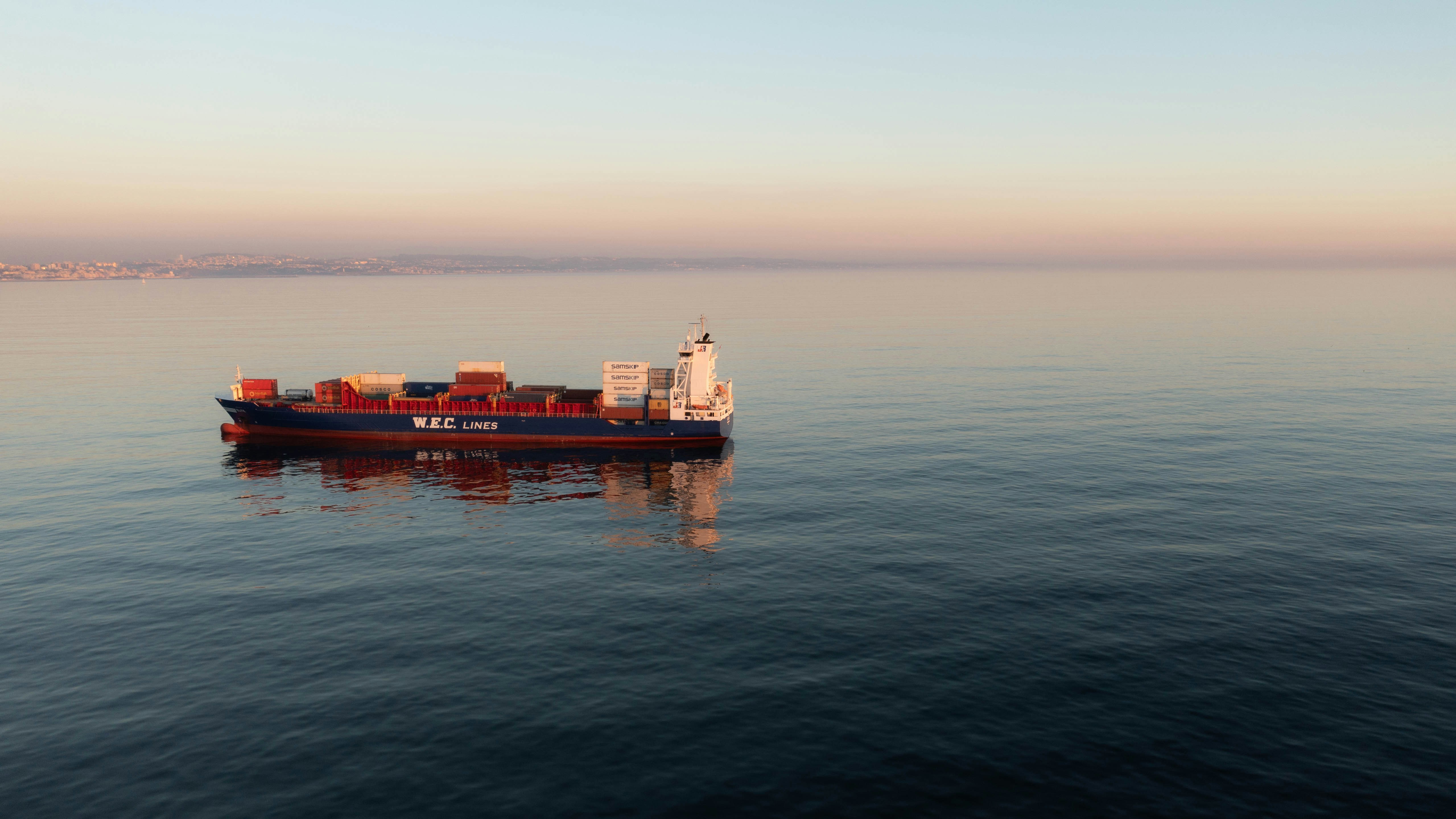The Psychological Impact of Rescue Alerts on Crews

WHEN RESCUE AT SEA BECOMES A TRIGGER
Merchant vessels are increasingly drawn into situations where they are asked to assist in search and rescue efforts, sometimes without ever making contact with those in distress. The sea, in these cases, offers no closure. Just silence, debris, or the instruction to hold position.
During a recent interview conducted by our team with a former ship's captain, now working ashore in safety and investigation at a major tanker company, a quieter, less visible aspect of these operations came into view. He described several instances in which his vessel was directed to approach distress zones or monitor unfolding incidents. Survivors were never found. The crew was not actively engaged in the rescue. And yet, the psychological impact remained.
"Evenif we didn’t intervene," he said, "you’re still left wondering if things could have turned out differently. That thought doesn’t just go away."
In some situations, his crew was dispatched to the last known coordinates of a vessel in distress, only to find no trace of it but a scattering of debris. In others, like repeated alerts off the Gulf of Mexico involving drifting fishing boats, they were instructed to stand by. Occasionally, they delivered fuel, water, or food. More often, they simply observed from a distance, uncertain about what was happening or what might happen next.
These moments might seem secondary to the actual rescue operation, but for the crew, they carry weight. And they unfold under conditions that are far from simple. The officer described the constraints faced by commercial tankers: high freeboards, sometimes over fifteen meters, that make taking people on board extremely difficult; ladders that can only be used under precise conditions, with weight restrictions that make them unsafe for children or injured individuals; and a constant risk linked to the cargo. On chemical tankers, flammable or toxic vapors can be present on deck. Certain areas are completely off-limits. Lighting a cigarette or using a phone could trigger an explosion.
When a vessel comes to a halt during an alert, it must switch to manual systems, meaning that engineers are required in the engine room. This reduces the already small number of people available to operate safely on deck. Many crews have just twelve to fourteen people on board for ships over 100 meters long. On vessels up to 300 meters, there may be only 25 crew members in total. In a rescue scenario, this means there may be only a handful of crew available to assess, approach, and provide assistance, all while ensuring the safety of the ship itself.
And then there is the issue of language. In many cases, those in distress do not speak the same language as the crew. On board, there are no interpreters. Communication becomes a matter of hand gestures and guesswork. Tension builds quickly, and so does uncertainty.
Despite these constraints, once the situation ends, the crew goes back to work. There is rarely time, space, or structure for processing what they have just witnessed or what they might have narrowly avoided. Not because anyone is indifferent. Simply because, at sea, that is how things tend to function.
"You get a quick "You all good?" and then it’s back to normal," the officer said.
It is not because the company does not care. It is just the rhythm of things. Coordination authorities such as MRCCs play a critical role and must make fast decisions with limited information. Companies, too, often have internal systems for welfare and reporting. But what this testimony highlights is a gap that is not necessarily institutional, but cultural: the lack of attention to the emotional residue left behind, especially when the outcome is unclear and no one is formally rescued.
Research supports this. A 2019 study by Oldenburg and Jensen interviewed over 300 seafarers on German-flagged vessels. Among them, around 36 percent had experienced shipwrecks or serious accidents. Of those affected, more than 80 percent reported psychological after-effects such as intrusive thoughts, sensory triggers, or recurring dreams. Despite this, psychological support was rarely available, and most companies lacked structured follow-up for the crew involved.
In response to these gaps, some operators are now testing digital platforms designed to support crew well-being. One example is BigYellowFish, a behavioral-risk management solution developed for the maritime sector. It offers gamified micro-learning modules, mood-tracking tools, and analytics aimed at helping seafarers strengthen mental health and resilience in operational environments.
But the officer suggested that technology alone is not enough. What is missing, in his view, is a clear framework for what happens emotionally after a maritime alert. This could include basic tools: a helpline, a short debrief, guidance on what to expect. Not just in dramatic rescues, but also in those many cases where a ship is present, involved, and then left with unanswered questions.
He also raised a more fundamental issue. Merchant ships today are more and more frequently called to observe or support incidents that are not just technical, but deeply human. A person in distress at sea is no longer an abstraction. It may be a migrant, a child, someone fleeing danger. These are encounters that touch people. And yet, the training and protocols remain largely procedural.
What could come next? Recognising the emotional demands placed on merchant crews is a first step. But it will take more than recognition to respond meaningfully. Institutions and companies may consider integrating lightweight, adaptable support mechanisms not only in the aftermath of large-scale rescues, but also in those quieter, more ambiguous moments that leave lasting marks. Building this layer of care into existing procedures may help bridge the gap between operational efficiency and human experience at sea.
Sources:
Jensen, H.-J., & Oldenburg, M. (2019). Potentially traumatic experiences ofseafarers. BMC Public Health (https://bmcpublichealth.biomedcentral.com/articles/10.1186/s12889-019-7746-1).
Seafarers International Research Centre (SIRC), Cardiff University – research on seafarers’ mental health, fatigue, and well-being.
https://www.sirc.cf.ac.uk
By Carine Fauchs
